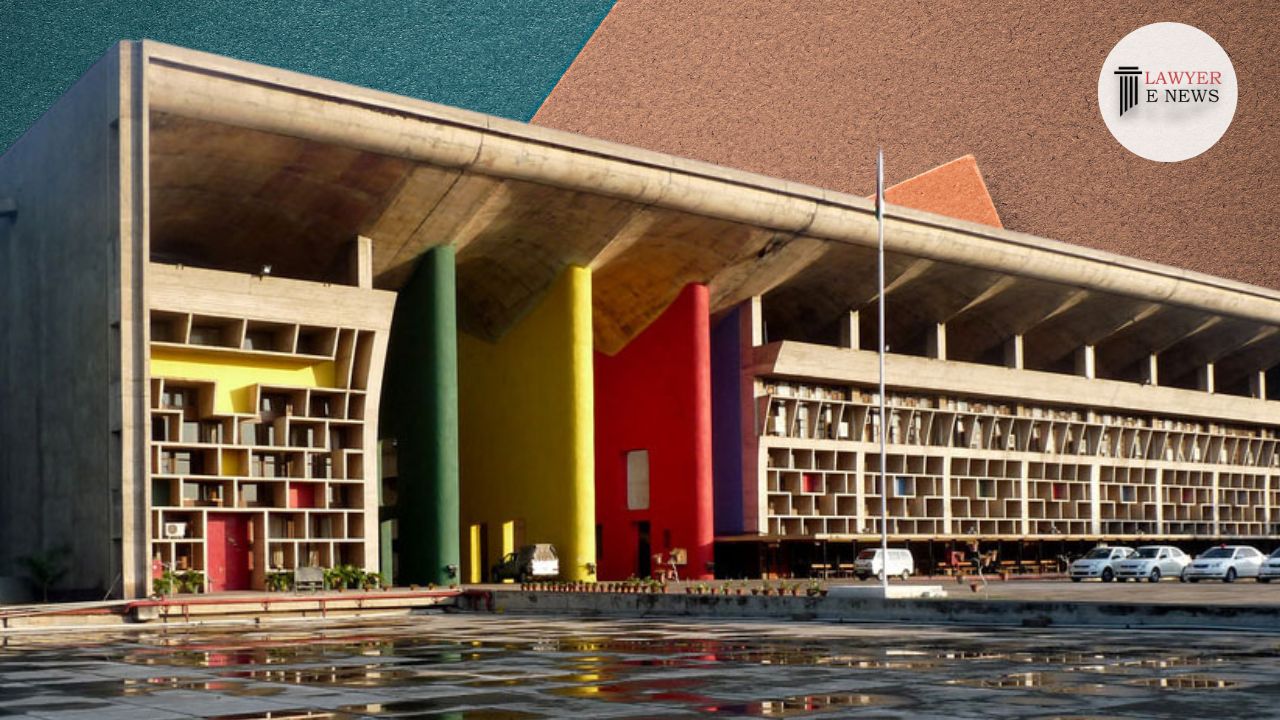-
by Admin
17 February 2026 4:27 AM



In a recent judgment by the High Court of Punjab and Haryana at Chandigarh, anticipatory bail was denied to a Patwari implicated in a major land compensation fraud under the National Highway Act 1956. The case, prominently featuring economic offences and corruption, was presided over by Hon'ble Mr. Justice Anoop Chitkara.
The petitioner, a revenue official responsible for providing accurate land details, was alleged to have conspired with other officials, falsifying reports to facilitate illegal financial gains. The Court, in its meticulous judgment, emphasized the gravity of economic offences, noting their detrimental impact on public interest and the national economy.
Justice Chitkara, in his observation, stated, “It is not a case for anticipatory bail and petitioner’s custodial interrogation is required to find out involvement of other persons and amount of money which was paid to him and its recovery.” This reflects the Court's stance on the necessity of custodial interrogation in cases involving deep-rooted conspiracies and significant financial implications.
The judgment also referenced various Supreme Court rulings, highlighting the importance of balancing individual liberty with the need for a fair and thorough investigation in cases of serious offences, particularly economic crimes. The Court underscored that economic offences are committed with "cool calculation and deliberate design" and should be addressed with a stringent approach.
In denying bail, the Court took into consideration the petitioner's role as a Patwari, who, by misusing his official position, played a crucial part in the fraudulent scheme leading to substantial losses to the government exchequer. The Court's decision sends a strong message against corruption and economic offences, underscoring the need for rigorous investigation in such cases.
The High Court's judgment concluded with a note that observations made therein should not influence the trial court’s decisions on regular bail or the merits of the case, maintaining the integrity of the ongoing judicial process. This case marks a significant stance by the judiciary in tackling economic offences and corruption within the country.
Date of Decision: 23.01.2024
Ashok Chander VS State of Punjab
